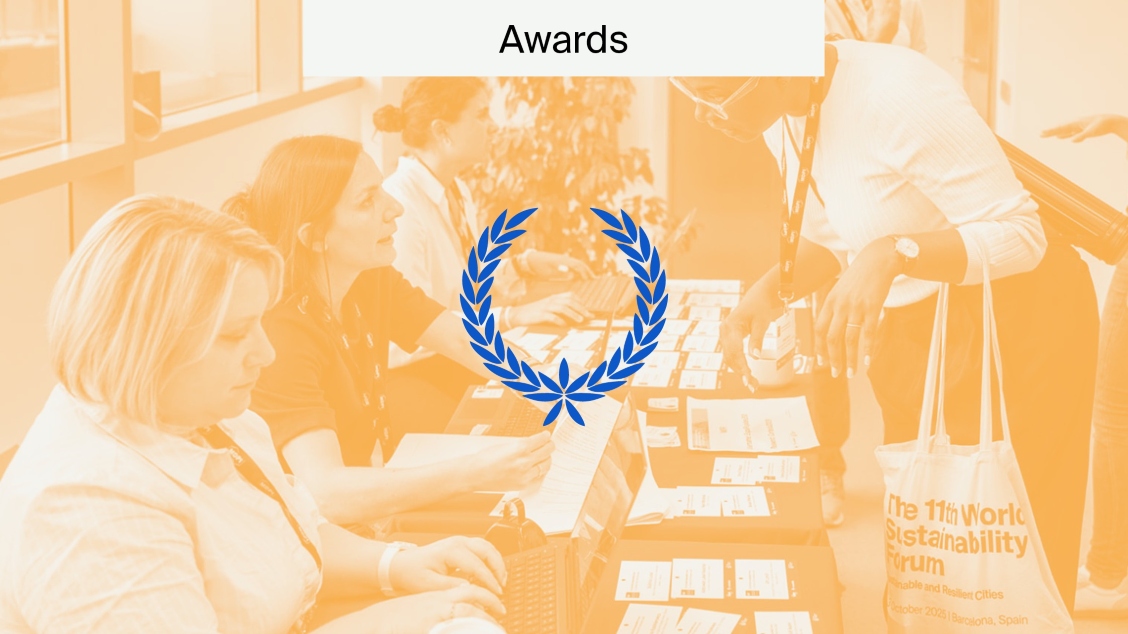
Understanding Publication Ethics
The integrity of academic publishing is under scrutiny, with 2023 marking a crisis of trust as over 10 000 papers were retracted. The most common stated reasons for these retractions were unreliable results, paper mill/manipulated peer-review and unethical research.
These retractions exposed flaws in research transparency and underscore a critical issue: the erosion of trust in the scientific process. As scholars, institutions, funders and publishers face these consequences, the need for a deeper understanding of publication ethics has never been more pressing.
In this article, we explore the ethical standards that comprise publication ethics and discuss the role of publishers, academic editors, reviewers and authors in upholding these standards.
What are publication ethics?
Publication ethics refer to the set of ethical standards, policies and guidelines that promote and ensure integrity, quality, and validity of published research. This set of standards defines and addresses issues such as authorship and contributions, plagiarism, data fabrication and image manipulation, ethical approval and standards for conducting and reporting research involving humans and animals, and intellectual property.
While each publisher develops their own set of standards and policies, they all stem primarily from industry standards set by committees and organizations dedicated to promoting publication ethics.
Ethics committees and organizations
There are many committees and organizations that have the mission to establish best publication practices and to support all those involved in publication ethics to understand and adhere to these standards.
The Committee on Publication Ethics (COPE) is one of the most recognized publication ethics organizations. COPE developed The Core Practices and Guidelines to help advise publishers on how to set their individual policies and guidelines, but more importantly COPE also provides workflows to resolve ethical cases that may arise when misconduct is detected. At times, COPE members may even take on the role of mediator in cases of disputes between an author and publisher.
There are also more specialized organizations such as the International Committee of Medical Journal Editors (ICMJE), which provides guidance specifically for materials published within medical and biomedical fields. ICMJE has been contributing to the standardization of requirements for submission since 1978, and many publishers, even if they are not within the medical field, choose to adhere to ICMJE guidelines as they provide useful insights.
One of the most important guideline developed by ICMJE defines who is an author that was recently updated to include the use of artificial intelligence and how this should be declared.
Reporting standards and transparency
In a previous Blog article, we discussed how transparent practices in research, such as sharing data and findings openly, are essential in promoting research integrity. These practices align with publication ethics by ensuring that published works are verifiable, reproducible and free from bias. Setting standards for how data and findings are reported is important to ensure quality and transparency.
Reporting guidelines
The EQUATOR (Enhancing the QUAlity and Transparency Of health Research) Network sets out to promote reporting guidelines for published research with the aim of improving transparency and accuracy. The reporting guidelines are structured tables that outline the minimum information authors need to provide to ensure their manuscript is clear and reproducible. Each manuscript type has an associated guideline such as:
- PRISMA guidelines used for Systematic Reviews
- CONSORT guidelines for reporting results derived from Randomized Clinical Trials
- ARRIVE guidelines for reporting animal pre-clinical studies
- CARE guidelines for Case Reports
Publishers encourage and oftentimes require authors to follow these reporting guidelines as part of their publication ethics guidelines. It is also suggested that reviewers use them when reviewing manuscripts. By following this process, authors enhance the quality of their work and reviewers reduce personal bias by following a structured methodology to review the content.
Data reporting guidelines
In May 2024, the EQUATOR Network partnered with the Center for Open Science (COS). These two organizations will work together to include data and sharing plans within the reporting guidelines.
The COS has been instrumental in promoting the TOP Guidelines which allow journals to implement best practices in scientific publishing incrementally. The TOP Guidelines focus on 8 key areas primarily concerned with data and materials sharing, transparent design and analysis of studies and encouraging the replication of studies.
What is unique about these guidelines is that they provide publishers with the option to customize these standards and also choose which level of implementation they would like to include as part of their publication ethics.
Editorial process at the core of publications ethics
The guidelines presented up to now serve as important resources for publishers, editors, reviewers and authors, but how do we guarantee that they are adhered to?
The editorial process is what guarantees adherence to the principles of publication ethics. Publishers hold the responsibility to establish the framework for the editorial process. This includes establishing and enforcing clear guidelines and policies to ensure the highest standards are met for all publications. The editorial board is then responsible for providing supervision and oversight during the editorial process, ensuring authors and reviewers abide by the set policies.
The editorial office of a journal, editorial board and reviewers all work together to check each manuscript and ensure fairness and transparency.
For example, a journal will set clear guidelines regarding authorship according to the ICMJE guidelines, requiring authors to fill out the author contributions statement and specify their individual contributions. It is then the responsibility of the academic editor and reviewers to check the statement for completion and determine if all included authors meet the authorship criteria.
All the checks conducted during the editorial process provide trust and support publication ethics.
How MDPI facilitates screening for publication ethics compliance?
As the volume of articles submitted to journals grows each year, it is important for journals to provide adequate support to editorial boards and reviewers. At MDPI, the editorial office will always perform detailed manual and automatic checks with the help of tools, prior to the peer review process to assess compliance with ethical standards. These include but are not limited to:
- Ethics approval and permissions for research involving human subjects, animals or cell lines;
- Plagiarism, duplicate publication detection;
- Necessary permission from the copyright holder to include already-published figures or images;
- Clinical Trials Registration, and reference to the registration in the Methods Section;
- Completion of all backmatter including data statement, author contribution statement, informed consent documents, funding and conflicts of interest;
- Detection of conflicts of interest between authors, academic editors and reviewers.
Submissions are assigned to individual MDPI staff members of the journal, who will carefully screen the manuscript for compliance with the publication ethics policies, communicate with the authors if further documents are needed, and report any unresolved issues to the academic editor. The combination of detailed manual checks by professionally trained staff members with in-house developed tools that automatically detect inconsistencies strengthen MDPI’s editorial process.
Reviewers and academic editors should still individually recheck each aspect listed above and report any concerns to the Editorial Office. Each independent assessment of the manuscript will only improve the quality of the research and prevent the dissemination of unreliable research.
MDPI’s commitment to publication ethics
Reflecting on the 2023 crisis where 10 000 papers were retracted, it is important to learn from these cases, make changes to processes and reinforce adherence to publication ethics.
One clear new approach each publisher should take is to invest in Research Integrity specific software and tools. While the Editorial Offices of MDPI journals perform several manual checks for each submission, streamlining the process using AI-based technology will allow for more extensive and faster validation of adherence to guidelines.
Developing new tools and software can take time, therefore publishers have taken a collective approach to share technology, knowledge and facilitate lines of communication.
MDPI along with many other publishers have joined the STM Integrity Hub. This collaborative initiative aims to provide the scholarly community with data and tools that promote and protect research integrity. The first two tools developed are a “Paper Mill Checker Tool” and “Duplicate Submission Checker Tool”. Publishers can upload manuscripts to be checked for a variety of indicators of paper mill activity and can also receive automatic checking of duplicate submissions even across different publishers.
Strengthening publication ethics policies
Identifying paper mills is an ongoing challenge and an ever evolving one as these commercial entities that sell authorship find new ways to evade detection. The UNITED2ACT group, which MDPI joined in 2024, is taking action by working the stakeholders from within scholarly publishing to facilitate research on paper mills and develop trust markers. Additional key action areas of this group include education and awareness and improvement of post-publication corrections.
MDPI has already taken steps to strengthen our publication ethics policies and also continues to take a proactive approach focused on prevention methods. To learn more, visit our Research and Publication Ethics page.










